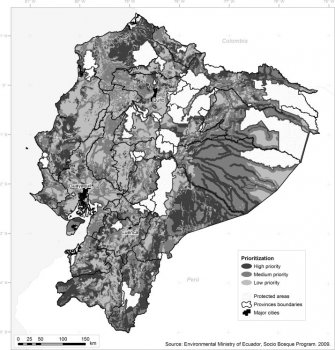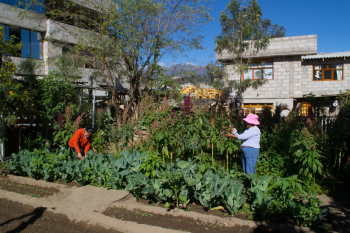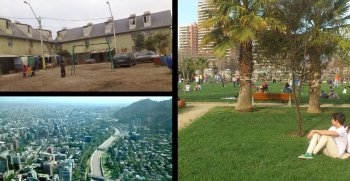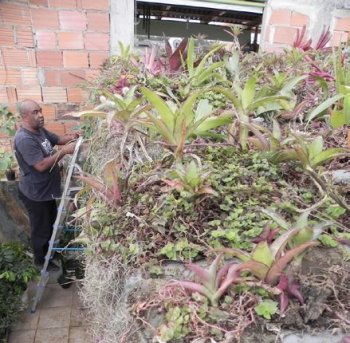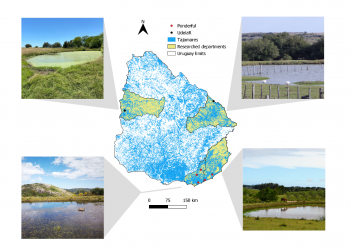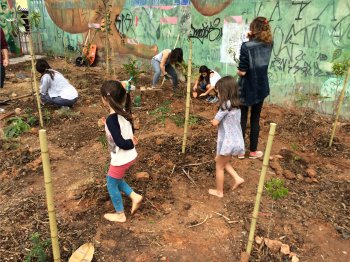Ecuador: The Socio Bosque Program
- Conserve native forests and other native ecosystems to protect their ecological, economic, cultural and spiritual values.
- Significantly reduce deforestation and associated GHG emissions.
- Improve the well-being of farmers, indigenous communities and other groups living in the country’s rural areas

